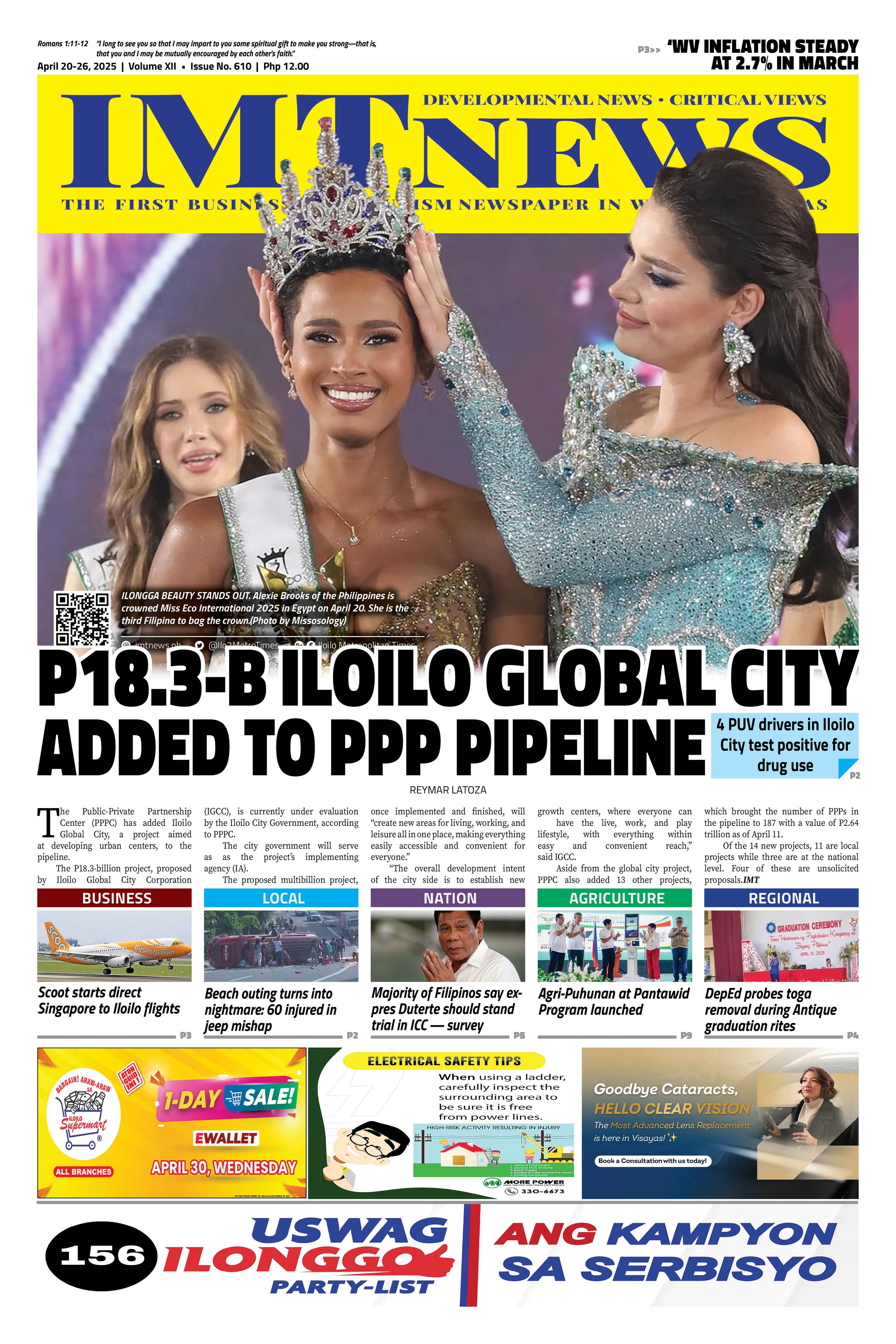Economic managers have revised the government’s inflation assumption for this year as prices of basic goods, energy and transport rates remain on the rise given the same direction for oil prices.
In a briefing, Budget and Management Secretary Amenah Pangandaman, also head of the inter-agency Development Budget Coordination Committee (DBCC), said the latest inflation assumption for this year has been hiked to a range of 5 to 7 percent from 2.5 to 4.5 percent.
“Nevertheless, the government, through the Inter-Agency Committee on Inflation and Market Outlook (IAC-IMO), is committed to pursuing an all-of-government approach to continuously implement immediate and medium-term strategies to alleviate inflation, ensure food and energy security, and return to the target range of 2-4 percent between 2024 and 2028,” she said.
The rate of price increases in the country slowed for the third consecutive month last March to 7.6 percent from 8.6 percent the previous month, and the 14-year high of 8.7 percent last January.
The average inflation in the first quarter this year stood at 8.3 percent, way above the government’s 2 to 4 percent target band until 2024.
Monetary authorities expect inflation to return to within-target levels in the last quarter of this year, with the average inflation forecast for this year at 6 percent.
The DBCC lowered its assumption for Dubai crude oil for this year to USD70-USD90 per barrel from USD80-USD100 per barrel which, Pangandaman said, was made in line with the latest easing of prices of oil in the international market.
“The latest forecasts suggest that global crude oil prices will continue to decline in 2024 before stabilizing at USD60-80 per barrel between 2025 and 2028 as the latest forecasts suggest falling global crude oil prices over the medium term,” she said.
Pangandaman said the assumption for the exchange rate for the Philippine peso and the US dollar this year was changed to 53 to 57 from 55 to 59, and this range is “expected to be maintained at the same level until 2028.”
“This positive outturn is attributed to the BSP’s policy normalization measures, as well as expected inflows from improvements in tourism revenues and OFW (overseas Filipino workers) remittances due to the reopening of the country’s economy,” she said.
Another item that was changed is the assumption for the services exports for this and next year “following the recovery of the tourism sector and the continued resilience of the BPO (business process outsourcing) sector.”
The latest figures are at 17 percent and 16 percent for this year and next year, respectively, from 12 percent and 6 percent previously.
Pangandaman said services imports growth estimates were also hiked from 8 percent to 11 percent for 2023 and from 8 percent to 10 percent for 2024.
“The trade assumptions reflect the gradual normalization of economic activity both globally and domestically,” she added.
Revenues are expected to improve in the medium term “as proposed tax revenue measures under the MTFF (Medium-Term Fiscal Framework) such as the Package 4 or the Passive Income and Financial Intermediary Taxation Act, VAT on digital service providers, and excise taxes on single-use plastics and pre-mixed alcohol are expected to be implemented started 2024.”
Revenue projections in the medium term are seen to improve from P3.73 trillion this year to P6.62 trillion in 2028.PNA








